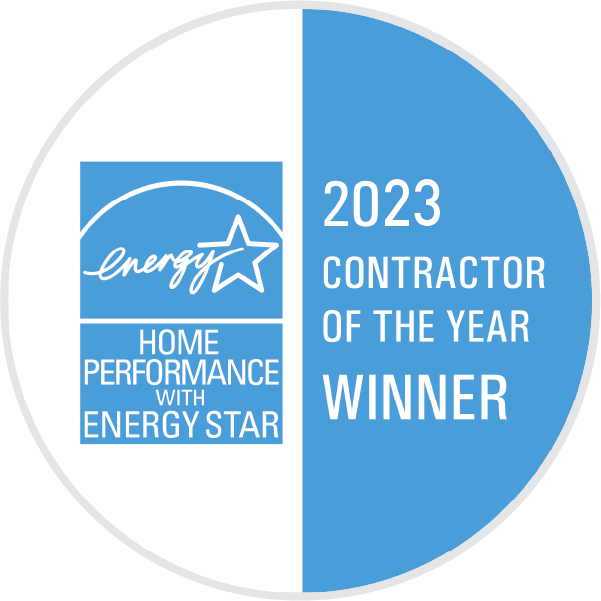Before the IRA, homeowners could claim a total tax credit up to $500 for all years combined from 2006 to 2022. Tax credits through the IRA now renew annually, and the amount that you can claim has jumped dramatically.
Here’s how to get the most from the IRA tax credits.
Was $500, Now $3,200
You can now claim a tax credit of up to $1,200 for insulation, windows, and doors, plus an additional 30% up to $2,000 for heat pump technologies.
For details on how the tax credit breaks down, check out our answer above: Is there an Inflation Reduction Act tax credits list?
Was Lifetime, Now Annual
Now that IRA tax credits renew annually, you have a strong incentive to continue making your home more energy efficient over time.
The key to maximizing your tax credits is to space out your upgrades over a few years to take advantage of the annual aggregate limits.
Here’s a strategy to claim $7,500 in tax credits over three years:
Year One: $3,200
Prioritize attic insulation, and replace an older heating or cooling system with an energy efficient heat pump.
Combining these upgrades can qualify you for a $1,200 tax credit for insulation and a $2,000 credit for the heat pump.
Year Two: $3,200
Start replacing windows to max out the annual limit of $600.
Claim another $600 to upgrade your electrical panel, so it can handle your new heat pump, heat pump water heater, and perhaps an EV charger.
Finally, claim $2,000 to reimburse you for the cost of a heat pump water heater. A heat pump water heater operates so efficiently that an average family of four will save $470 each year on their energy bills or $4,570 over the life of the system.
Year Three: $1,100
Upgrade your exterior doors, and continue swapping out older windows with beautiful new ENERGY STAR-certified windows.
You can claim up to $500 for your doors and $600 for your windows.
To help come up with a plan that makes sense for your home and budget, please give us a call at 541.330.8767, or reach out to schedule an appointment.






